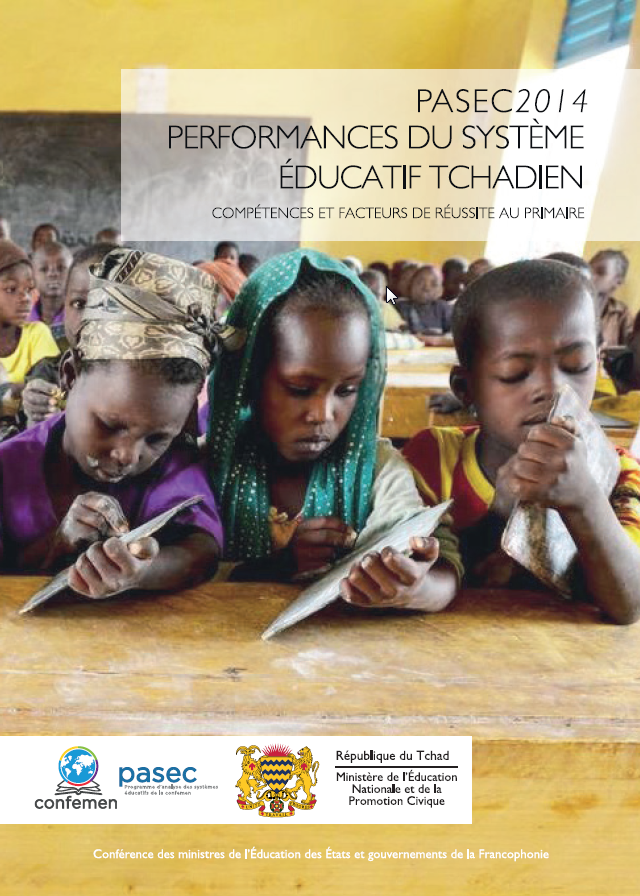The education system analysis programme (programme d’analyse des systèmes éducatifs (PASEC)) was created in 1991 by the Francophone education ministers’ conference (Conférence des ministères de l’éducation des pays de la francophonie (CONFEMEN)). PASEC’s aim is to assess the level of effectiveness and fairness of education systems by measuring the ability level of the pupils in language and mathematics at the start and at the end of primary school. It also aims to identify academic factors that are likely to be influenced by the pupils’ level of learning.
PASEC’s last report was published in December 2015 and research had been done in 10 African countries: Benin, Burkina Faso, Burundi, Cameroon, Ivory Coast, Congo, Niger, Senegal, Chad and Togo.
On average, after two years of primary education more than 70% of pupils had not reached an “adequate” level of ability in language and nearly 50% of pupils had not reached an “adequate” level of ability in mathematics. At the end of school, nearly 60% of pupils had not reached the level in the two disciplines.
PASEC incorporates other interesting indicators, such as the rate of schooling for girls, mostly lower than that of boys, or the pupils’ socio-economic status. For example, at the start of the primary cycle, in the large majority of countries measured, pupils who have two parents who know how to read achieve much higher scores than those pupils where neither parent knows how to read.
What is more, PASEC also records information about the teachers, for example:
- women are under-represented in the classes at the end of primary school and in director roles;
- more senior teachers are more often assigned to classes at the end of the cycle whilst the first levels of the cycle are given to less experienced teachers;
- a large majority of pupils are supervised by a teacher who has undergone at least a year of initial professional training but there is a not insignificant proportion of pupils whose teacher has received no initial training;
- teachers of a large majority of pupils say they are not satisfied with the level and regularity of their salary payments;
- the teachers of a significant proportion of pupils say they are not satisfied with training opportunities.
Several measures have been identified as important levers in control of the policy-makers in order to provide a quality education for everyone, such as:
- Promoting pre-school education
- Improving the quality, availability and allocation of school equipment and educational resources or
- Reinforcing teacher training and reasserting the value of teachers
The next analysis cycle will concern a bigger number of countries, thus expanding the comparison base. The 2014 PASEC report is available here.




